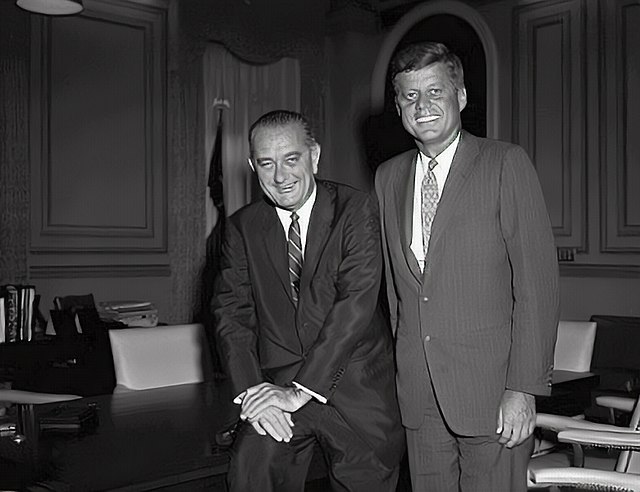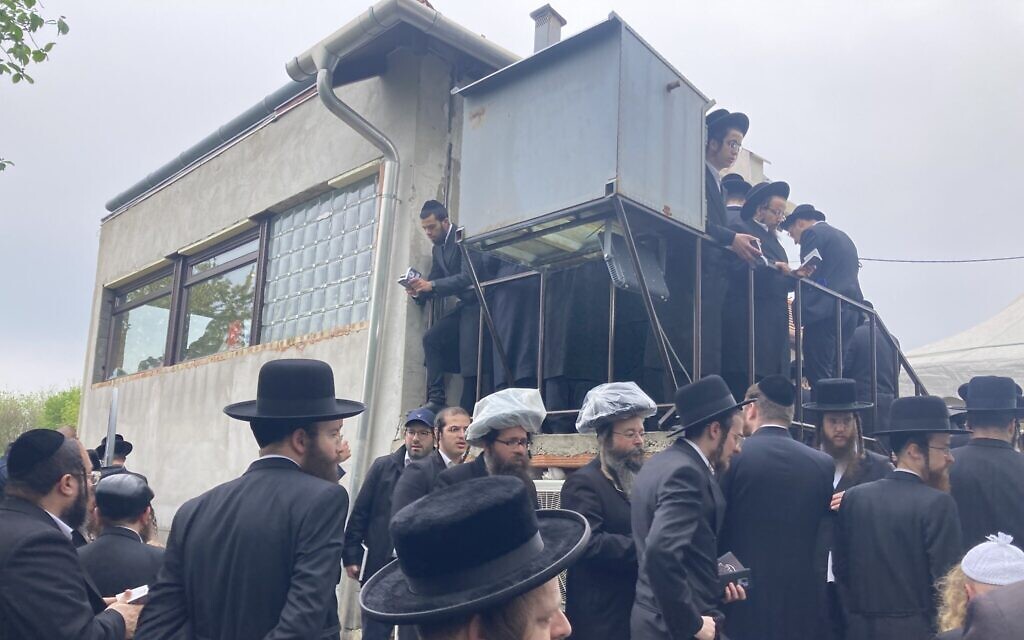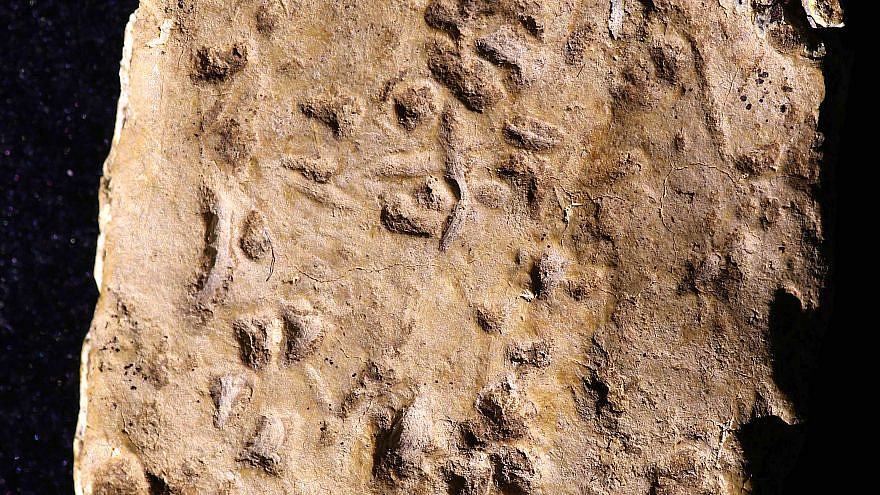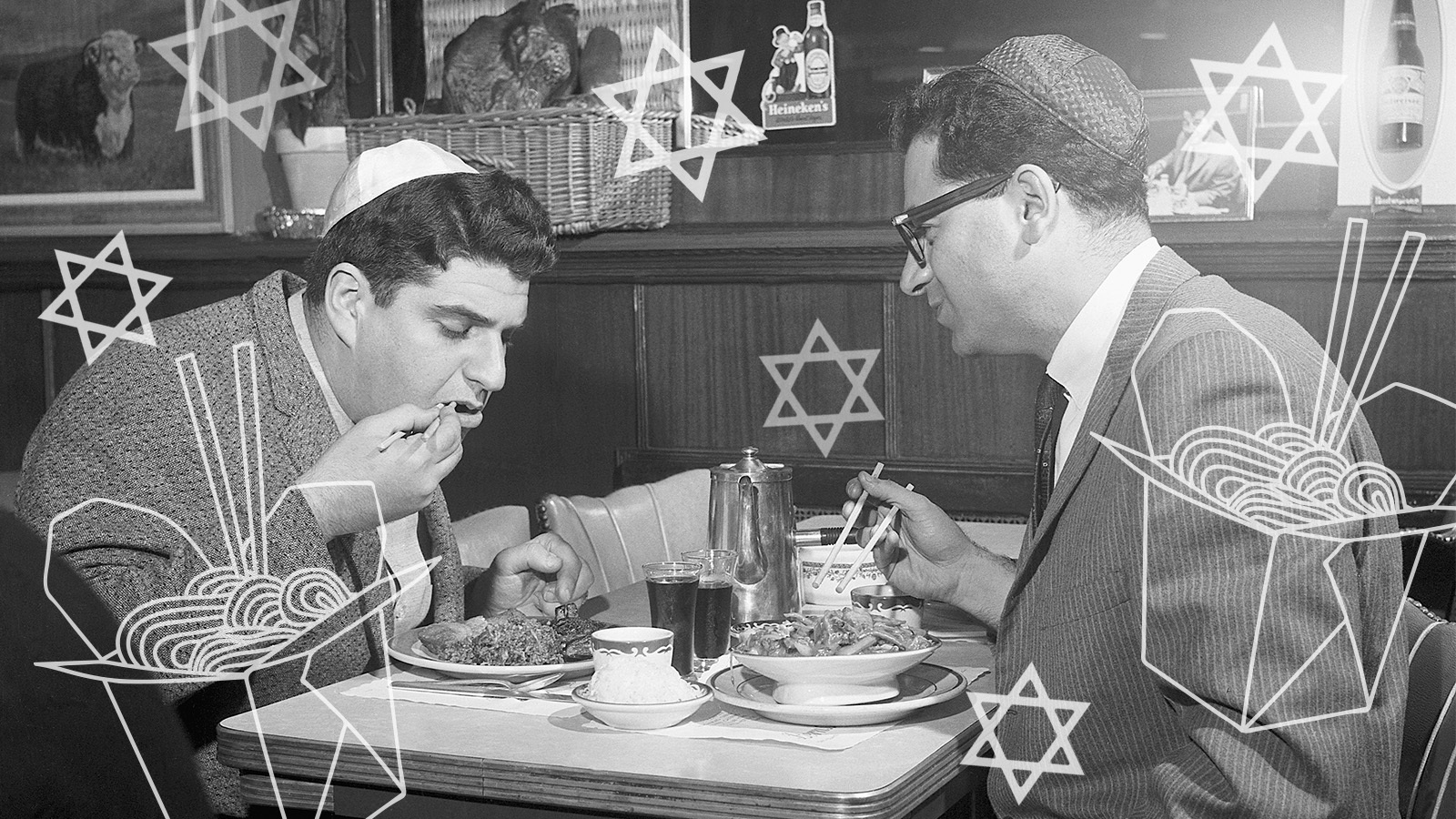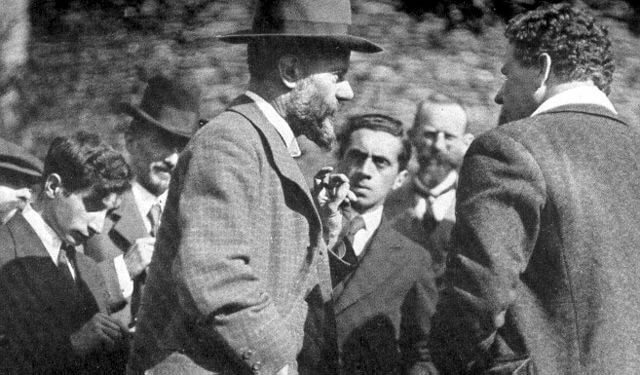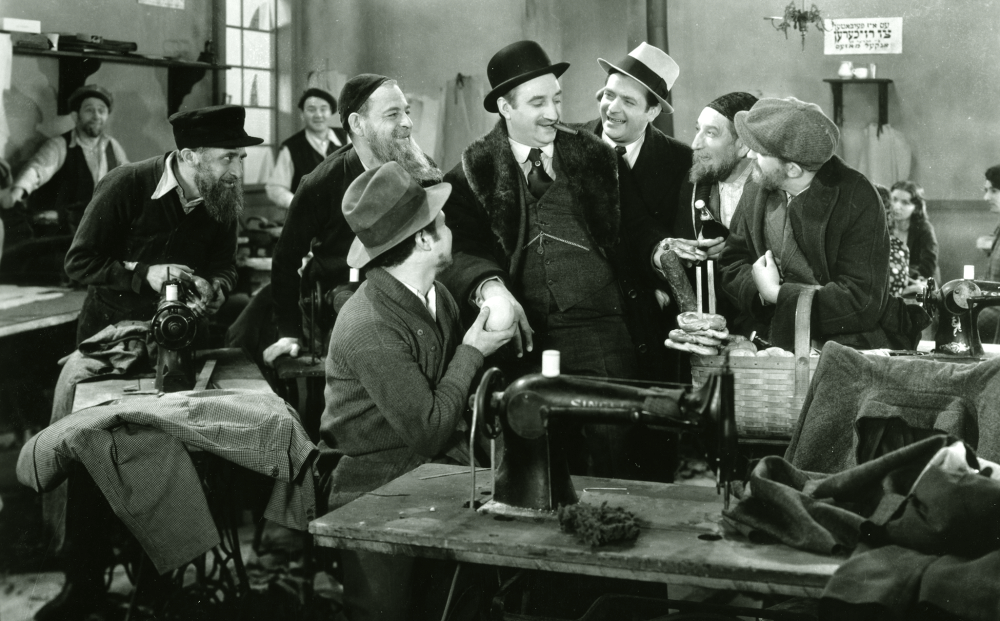Sixties Fan
Diamond Member
- Mar 6, 2017
- 57,747
- 10,974
- 2,140
- Thread starter
- #421
Today in Jewish History
• Roman Jews Granted Privileges (1402)On the 12th of Iyar, 1402, the Jews of Rome were granted "privileges" by Pope Boniface IX. They were given legal right to observe their Shabbat, protection from local oppressive officials, their taxes were reduced and orders were given to treat Jews as full-fledged Roman citizens.

